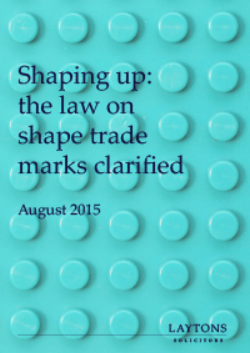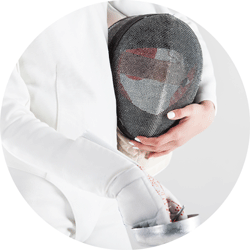Nestlé has lost its long running battle with Cadbury to register the shape of its four-finger Kit Kat bar as a trade mark.
If Nestlé needed a break after the Advocate General’s opinion, expressed earlier this summer, looked to have raised the bar for shape trade mark registrations, the Court of Justice of the European Union (“CJEU”) was not prepared to give it one in its ruling this week.
You can read our fuller article on the Advocate General’s opinion below.
Challenges for registering shape trade marks
Shape trade marks face particular challenges which look set to cause many applications for registration to fail. Marks cannot be registered if they consist exclusively of a shape which :
- results from the nature of the goods themselves; or
- is necessary to obtain a technical result; or
- gives substantial value to the goods.
The aim of these exceptions is to prevent trade mark protection from granting its proprietor a monopoly on technical solutions or functional characteristics of goods which a user is likely to seek in the goods of competitors. The rationale is that there are other forms of protection available (e.g. design rights) which are subject to limited periods of protection where they apply and which should not be extended indefinitely by trade mark rights running in parallel.
Kit Kat
The CJEU decided that:
- if any one of those three exceptions is fully applicable to the mark in issue, the mark is denied trade mark protection
- a mark which is refused registration under any one of those exceptions can never acquire distinctiveness through use to achieve registration by the back door
Distinctive character
The CJEU was also asked to clarify the circumstances in which a trade mark can acquire distinctive character where it is used as part of or in conjunction with another trade mark (Kit Kat bars have an embossed Kit Kat logo omitted from the shape for which registration was sought). The CJEU made it clear that the mark for which registration is sought must stand alone: the trade mark applicant must prove that that mark alone, as opposed to any other trade mark which may also be present, identifies the business from which the goods originate.
Comment
The decision confirms that it is now very difficult for businesses to obtain any monopoly over shapes.
With the English court having previously made findings which favour Cadbury, the CJEU’s decision means an end to Nestlé’s application to register the Kit Kat shape as a trade mark.




